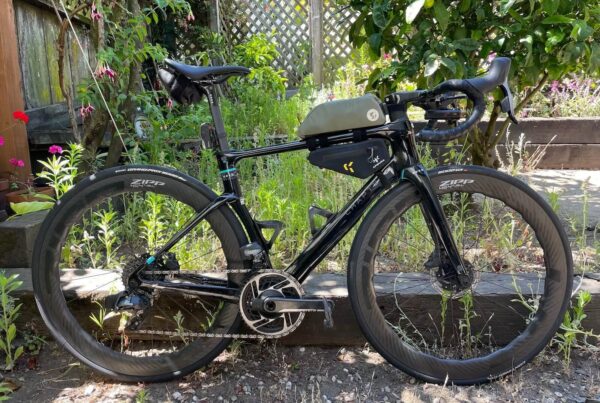No cyclist wants to relive a collision—but it pays to read the police report
By Bob Mionske
Picture this: You’re riding home from work, obeying all traffic laws, when a car knocks you off your bike. A few days later, you order the police report (usually about $10) and find mistakes in the account. Maybe you were unable to give a statement because of injuries, or you gave one while you were in shock, and you now believe it was incorrect. Or—even worse—you discover that the officer blamed you for the collision. What can you do?
First, the good news. A police report is not usually allowed as evidence at trial. Although officers can testify about what they saw, they cannot typically testify about what somebody else observed. (Not surprisingly, there are exceptions to the rule against hearsay evidence, and judges do occasionally allow such reports to be introduced at trial.)
In any case, a cyclist involved in a crash should check the police report for accuracy and have it amended if it’s erroneous. Doing so may strengthen your case with the driver’s insurance company, and prevent the need to go to trial. And if you were ticketed, an amended police report may convince prosecutors to drop the charges.
Try to review the report as soon as you are able. It will be more difficult to make changes after the report has been finalized. When you speak to the investigating officer, ask that your account of the incident be added to an amended report (see “Make Your Case,” below). If you present your case politely, the officer may be willing to amend the report. But if you file a complaint or make accusations of bias, you risk turning a potential trial witness into your adversary. Ask when the report will be finalized, and check back before that date to make sure that your addendum appears in the final document. If you are questioning the conclusion that you were at fault, the officer will likely be unwilling to shift blame to the driver, but you may be able to persuade him or her to take a neutral stance. This will place the responsibility for determining fault where it belongs: with the jury.
MAKE YOUR CASE
Disputing a police report? Here’s the info you’ll want to submit.
1) A written statement describing your disagreement with the report, in as much detail as possible.
2) A signed affidavit a sworn statement attesting to the truth of the addendum.
3) Photographs or any other evidence that supports your account.
4) Records of treatment you received—if you suffered an injury that affected your ability to give a statement at the scene.
Research and assistance provided by Rick Bernardi, J.D.
This article, Set The Record Straight, was originally published on Bicycling on June 13, 2011.



